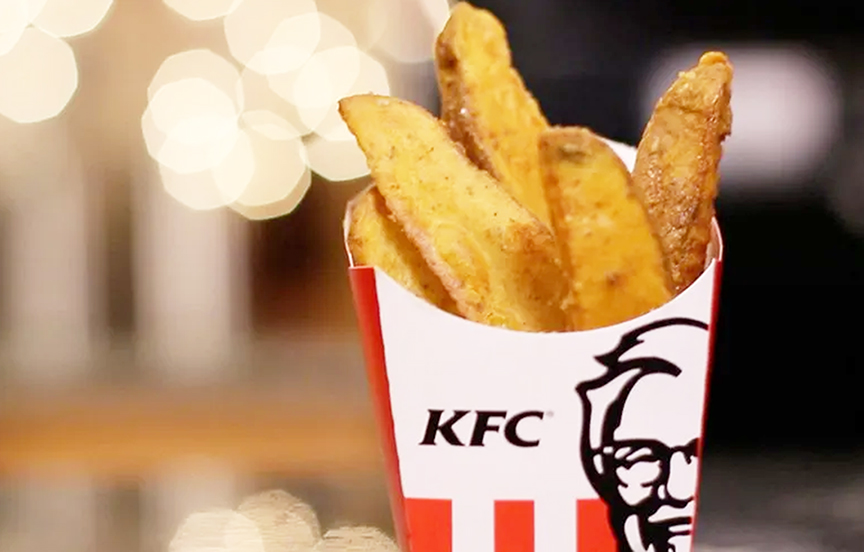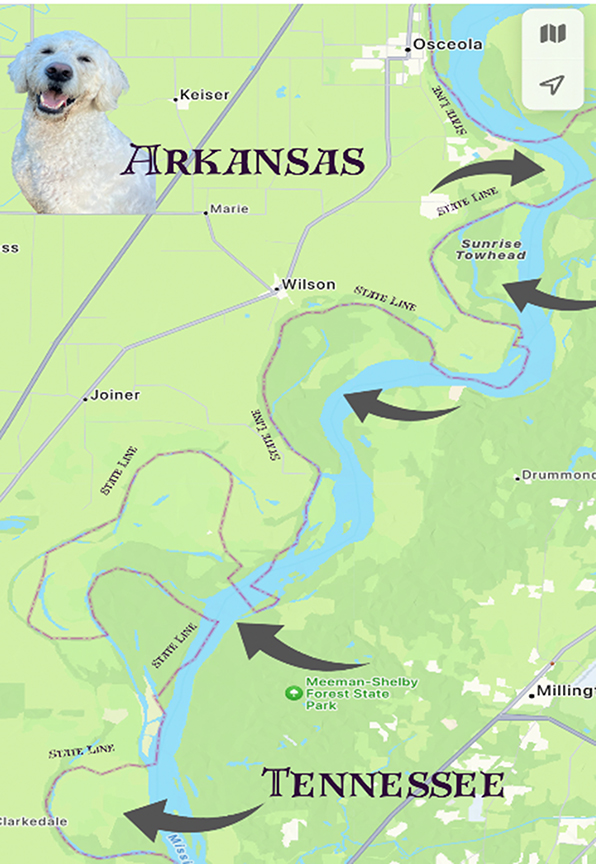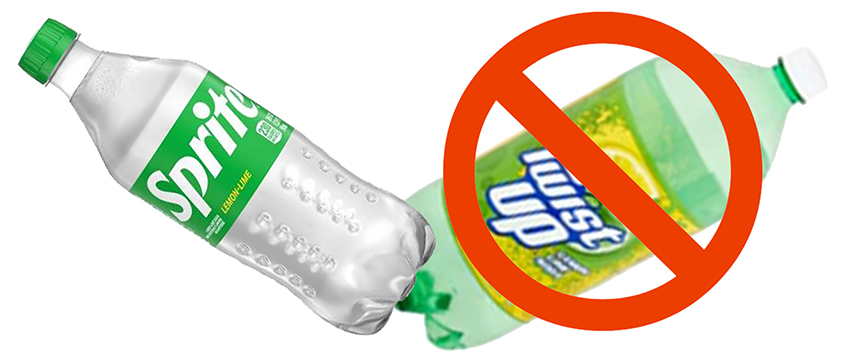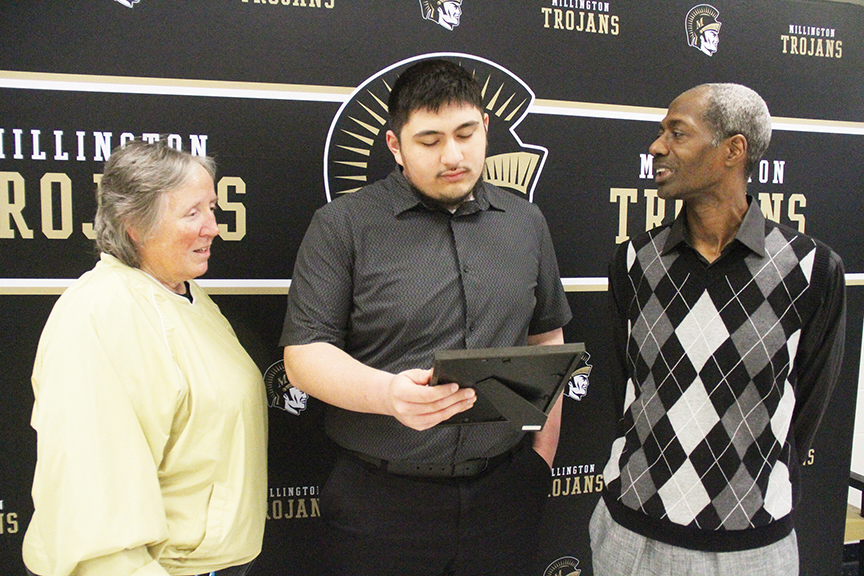
By David Peel
In the annals of legal history, a remarkable case from 1870 in Warrensburg, Missouri has left an indelible mark on our collective consciousness. The “Eulogy of the Dog” refers to the poignant closing statement delivered in the trial of “Old Drum.” A memorial at the old courthouse honors this event.
The case of “Old Drum” originated in 1869 when a farmer’s dog named Old Drum was found shot dead on his neighbor’s property. The farmer, Charles Burden, filed a lawsuit against his neighbor, Leonidas Hornsby, seeking damages for the loss of his beloved dog. During the trial’s closing arguments, George Graham Vest, an attorney representing Charles Burden, delivered a powerful and emotional speech that would become known as the Eulogy of the Dog.
Vest’s eloquent words successfully convinced the jury to award damages to Charles Burden, setting a precedent that acknowledged the intrinsic value of dogs and the emotional harm caused by their loss. Beyond the courtroom, the eulogy became a symbol of the special bond between humans and dogs, influencing public sentiment and shaping the discourse surrounding animal rights and welfare.

The Eulogy of the Dog (Closing Statement):
“Gentlemen of the jury: The best friend a man has in this world may turn against him and become his enemy. His son or daughter that he has reared with loving care may prove ungrateful.
Those who are nearest and dearest to us—those whom we trust with our happiness and our good name—may become traitors to their faith. The money that a man has, he may lose. It flies away from him, perhaps when he needs it the most. A man’s reputation may be sacrificed in a moment of ill-considered action. The people who are prone to fall on their knees to do us honor when success is with us may be the first to throw the stone of malice when failure settles its cloud upon our heads.
The one absolutely unselfish friend that a man can have in this selfish world—the one that never deserts him and the one that never proves ungrateful or treacherous—is his dog.
Gentlemen of the jury, a man’s dog stands by him in prosperity and in poverty, in health and in sickness. He will sleep on the cold ground, where the wintry winds blow and the snow drives fiercely, if only he may be near his master’s side. He will kiss the hand that has no food to offer. He will lick the wounds and sores that come in encounters with the roughness of the world. He guards the sleep of his pauper master and expects only love and loyalty in return.

When all other friends desert, he remains. When riches take wings and reputation falls to pieces, he is as constant in his love as the sun in its journey through the heavens.
If fortune drives his master forth, an outcast in the world, friendless and homeless, the faithful dog asks no higher privilege than that of accompanying him to guard against danger, to fight against his enemies, and when the last scene of all comes, and death takes his master in its embrace and his body is laid away in the cold ground, no matter if all other friends pursue their way, there, by the graveside, will the noble dog be found, his head between his paws, his eyes sad but open in alert watchfulness, faithful and true even in death.”
Peel seeks justice for those injured in tractor trailer and car accidents, medical malpractice, and disability. He often addresses churches, clubs and groups without charge. Peel may be reached through PeelLawFirm.com wherein other articles may be accessed.






